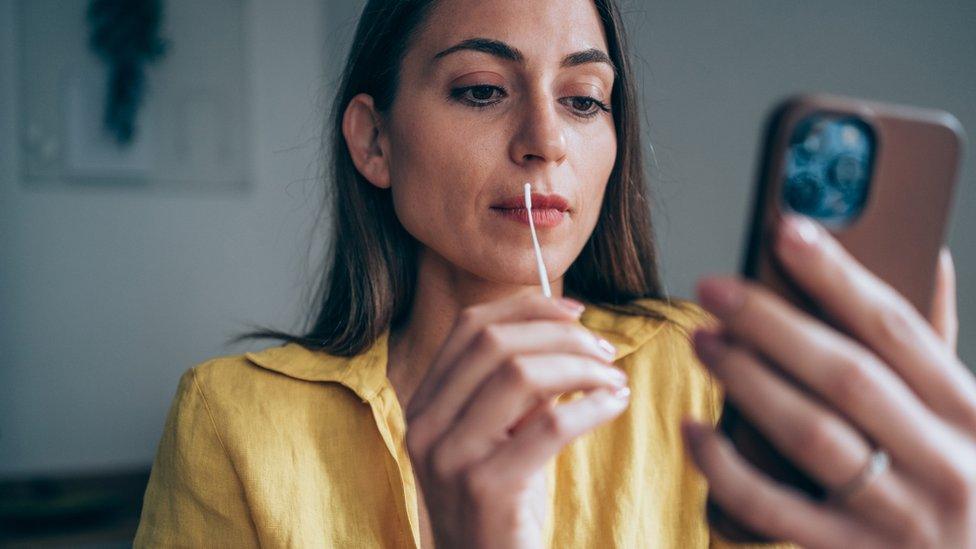Coronavirus: How are North East people reacting to new socialising rules?
- Published
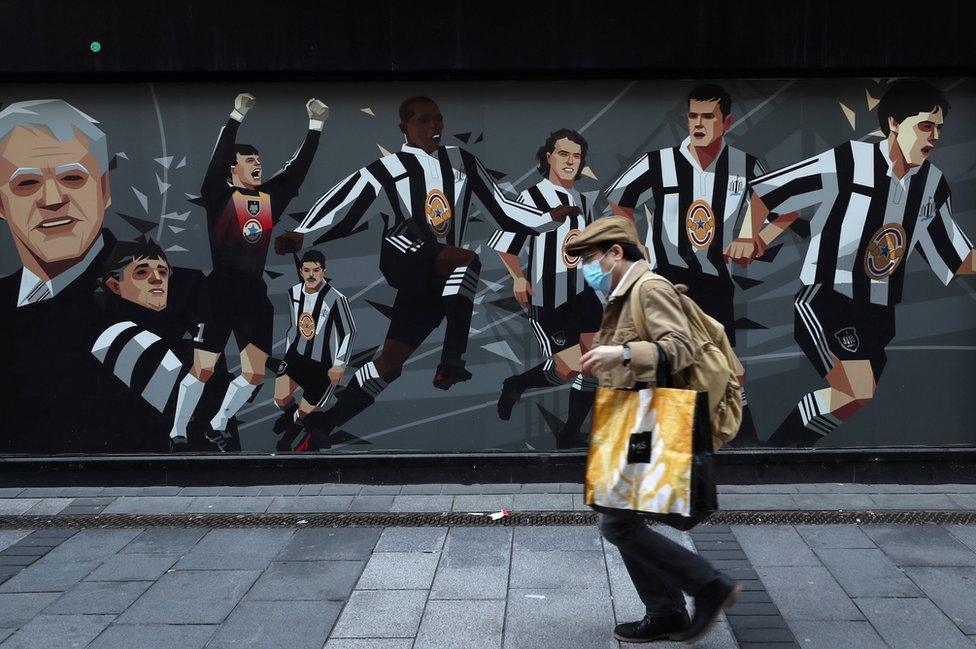
The new rules cover Newcastle Sunderland, Northumberland, North and South Tyneside, Gateshead and the Durham County Council area
New rules have been introduced across large swathes of north-east England in an attempt to stop the spread of the coronavirus. What has the reaction in the region been?
The seven affected councils have identified people socialising as a key common factor in the rise of coronavirus cases across the area.
So since midnight on Thursday, almost two million people have been banned from meeting with other households, while pubs and restaurants and restaurants can only offer table service and have to shut at 22:00.
The move has promoted a mixture of confusion, concern and incredulity among many.
Nick Greaves, who runs The Patricia restaurant in Jesmond, Newcastle, said the new measures, which were a mixture of rules and guidelines, must nots and should nots, were confusing, worrying and "a bit of a nightmare".
"It's a bit of a shock," he said. "We have come so far to get back on our feet and now we are back down in this saga again."
He said the 22:00 curfew put the restaurant "in an awkward position".
"We have changed the restaurant to have people much more spaced out time wise, in three sittings almost," Mr Greaves said.
"It's going to take out that 20:30 table sitting."
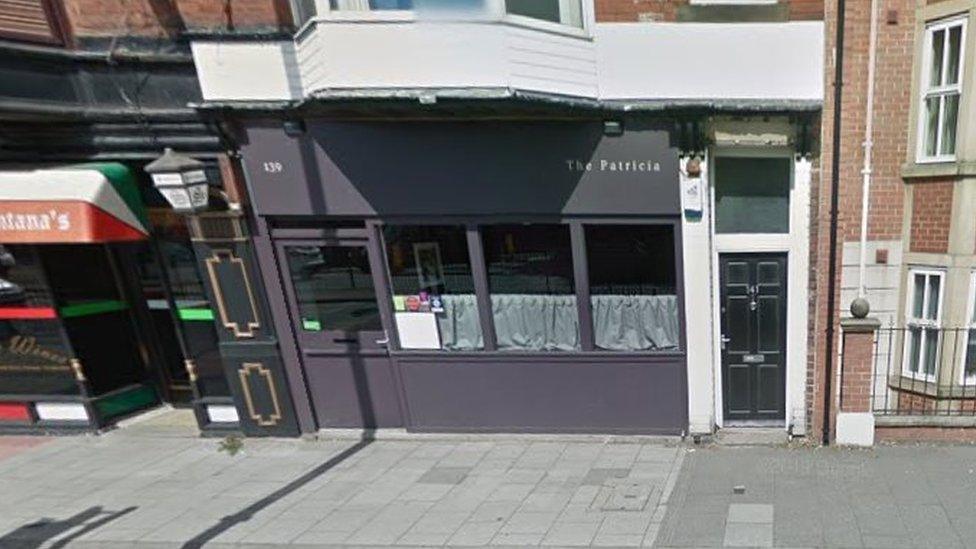
The Patricia now effectively has three sittings for meals
He said the restaurant offered a six-course menu that took about two-and-a-half hours to work through.
Mr Greaves also said he couldn't understand how the rules would help stop the spread of the coronavirus.
"It could even be a little bit dangerous with people going to the pub, necking as much as they can and then they end up drunk and are like 'let's go to a house or something'.
"I can't get my head around that's going to help anything. The virus is still as dangerous before 22:00 as it is afterwards."
Coronavirus: North East new restrictions reaction
That's a concern shared by Spencer Hughes who lives in Sunderland and whose wife Jaci is a waitress at a social club in South Hylton which is open from 11:00 to 23:00.
"I don't see how closing an hour earlier will make any difference to the chances of getting the coronavirus," Mr Hughes said.
"As for other pubs which would normally be open later, I think people are just going to change their drinking habits.
"They will go out drinking earlier and once they've had a few, how much are they really going to be adhering to the social distancing as they were when they had their first pint?"
He said there was too much confusion over what was a rule and what was a guideline, with people able to interpret the latter to suit their own needs.
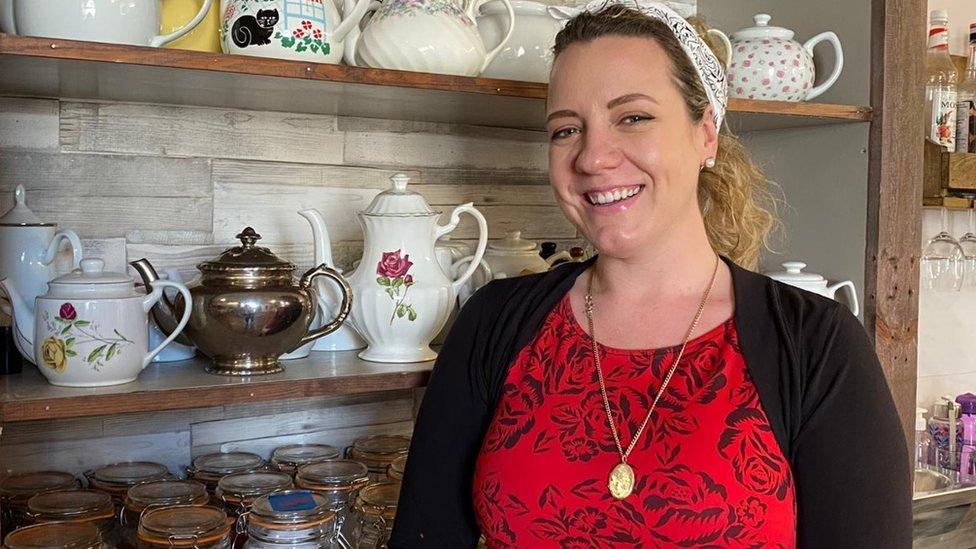
Becci Nye is manager of the Fifteas Vintage tearoom in Bishop Auckland
Becci Nye, manager of Fifteas Vintage tearoom in Bishop Auckland, also said the confusion between what you must not do and what you were advised not to do was posing a problem.
The regulations ban people from visiting another household, including going to private gardens, apart from within a support bubble.
And they advise people not to meet with other households at public venues, although Newcastle director of public health Eugene Milne said it would be alright in parks if people adhered to social distancing guidelines.
"I think people just need clear instructions," Ms Nye said, adding: "Like right, 'you can mix, you can't mix'.
"Can you come with your neighbour, can you meet your mam in a tearoom rather than your house?"
'Need clear rules'
She said she did not expect to see much of a change.
"I don't think the big tables will be booked any more but other than that I think it will be quite samey," she said.
Mr Hughes in Sunderland also wasn't sure how well the rules would be followed.
"When we first went into lockdown and people didn't know much about the virus then everyone went with it," he said.
"Now there is a split, some people haven't been affected by it and don't even think it's real or claim it's the government trying to control them.
"But others like me have lost friends to it, we know it's there and what it does.
"What's needed are clear definitive rules that are scientifically proven that everybody sticks to."
Speaking to BBC Newcastle, Mr Milne said it would be "very hard" to enforce rules about people mixing in public places, saying: "How would a pub know if people coming in together did actually live together or not?"

Follow BBC North East & Cumbria on Twitter, external, Facebook, external and Instagram, external. Send your story ideas to northeastandcumbria@bbc.co.uk, external.
- Published17 September 2020
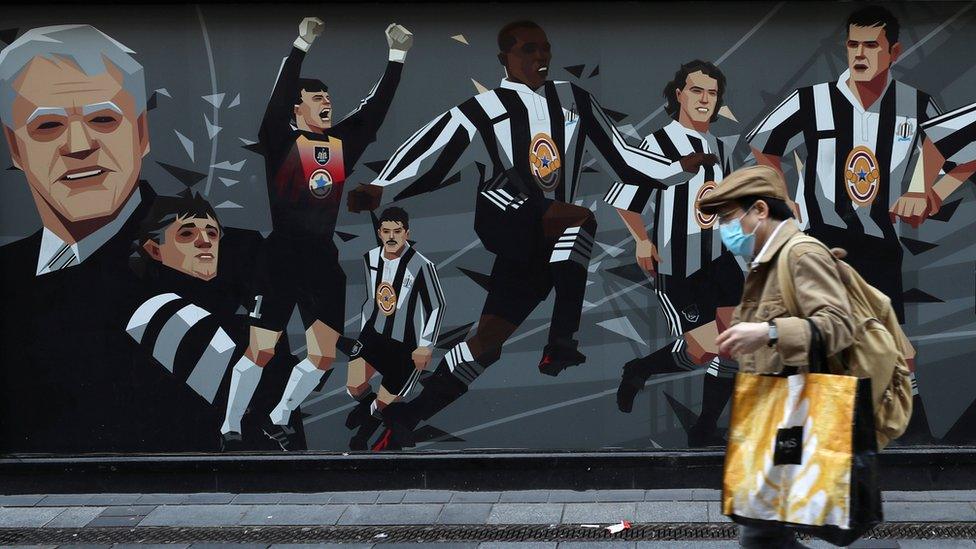
- Published3 May 2022
